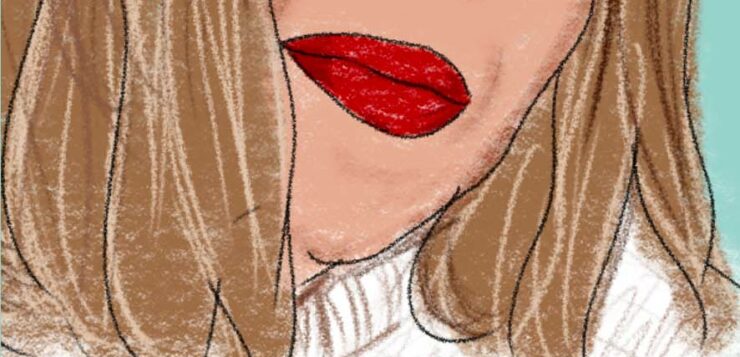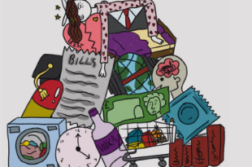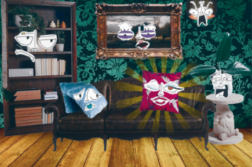When I initially opened up about my autism diagnosis, the overwhelming response focused on my appearance. At the time, thinking of myself as an autistic person was very new to me. The only autistic representation I had ever seen was Rain Man or nonverbal kids, who appeared to be locked in a world of their own.
Opposingly, upon meeting me, you will see someone who is outgoing; chatty, and friendly. I’m unfailingly the most confident in my friendship group; the one who’s never afraid to ask strangers for directions, or order in a restaurant. So, I can appreciate that at a first glance I do not appear to be any different.
Even though I present as neurotypical, that is entirely down to masking. The only reason I don’t “look like” the traits associated with autism, is because I am often using every fibre of my being, every ounce of my mental energy, to force myself to appear “normal.” Not all autistic people will do this, but I do, for my own self-preservation, as I know how people treat those who present as different. I know that revulsion is the default response, far more often than empathy. So, I regularly suppress my autistic qualities.
I smile when I want to bang my head against the wall and scream. I say, “Oh, that’s fine!” when a restaurant is out of my current food fixation, and the loss makes me feel like my skin is on fire. I force myself to make eye contact; laugh, and focus on a conversation, when all I can hear is the rush of my own blood, and the electrical buzzing of the nearby refrigerator.
But sometimes I can’t maintain it. Sometimes, overwhelmed by unexpected stimuli, my mask slips. How somebody responds to me in those moments tells me everything I need to know about your view of neurodivergent people.
When I’m struggling to speak; visibly shaking, or having a meltdown over a seemingly small thing, and that is met with upset, I can gage that there is a lack of understanding. When people become annoyed that I cancel plans, or when I freak out while encountering differences in sounds; tastes, and textures, I can gage a lack of empathy.
It is in these moments, that I can see any acceptance of autistic people from these kinds of people is all for show. It is easy to say that you support neurodivergent people; that you care because you have an autistic friend, but if you are only supportive when that person presents as neurotypical, it isn’t real support.
Therefore, telling me that I “don’t look autistic,” is more invalidating than complimentary – the clear implication is that I am not “as autistic” as other people, whose differences are more visible.
Being autistic is like being a cupcake – stay with me here. There’s no such thing as “a little bit of a cupcake” or “a more cupcake-y cupcake.” There may be differences—like chocolate, red velvet, and vanilla— but regardless of the flavour, all cupcakes are still cupcakes. When it comes to non-metaphorical cupcakes, you can say that you like red velvet, but not chocolate, but the same does not apply to those with autism. If you want to be understanding and supportive of autistic people, you have to support all peoples, regardless of their make-up.
Someone shouldn’t have to “look autistic” for you to believe they are neurodivergent, nor should anyone receive more support, just because they pass as neurotypical. We are all cupcakes, whether we look like it or not, and are all equally deserving of empathy and support.




